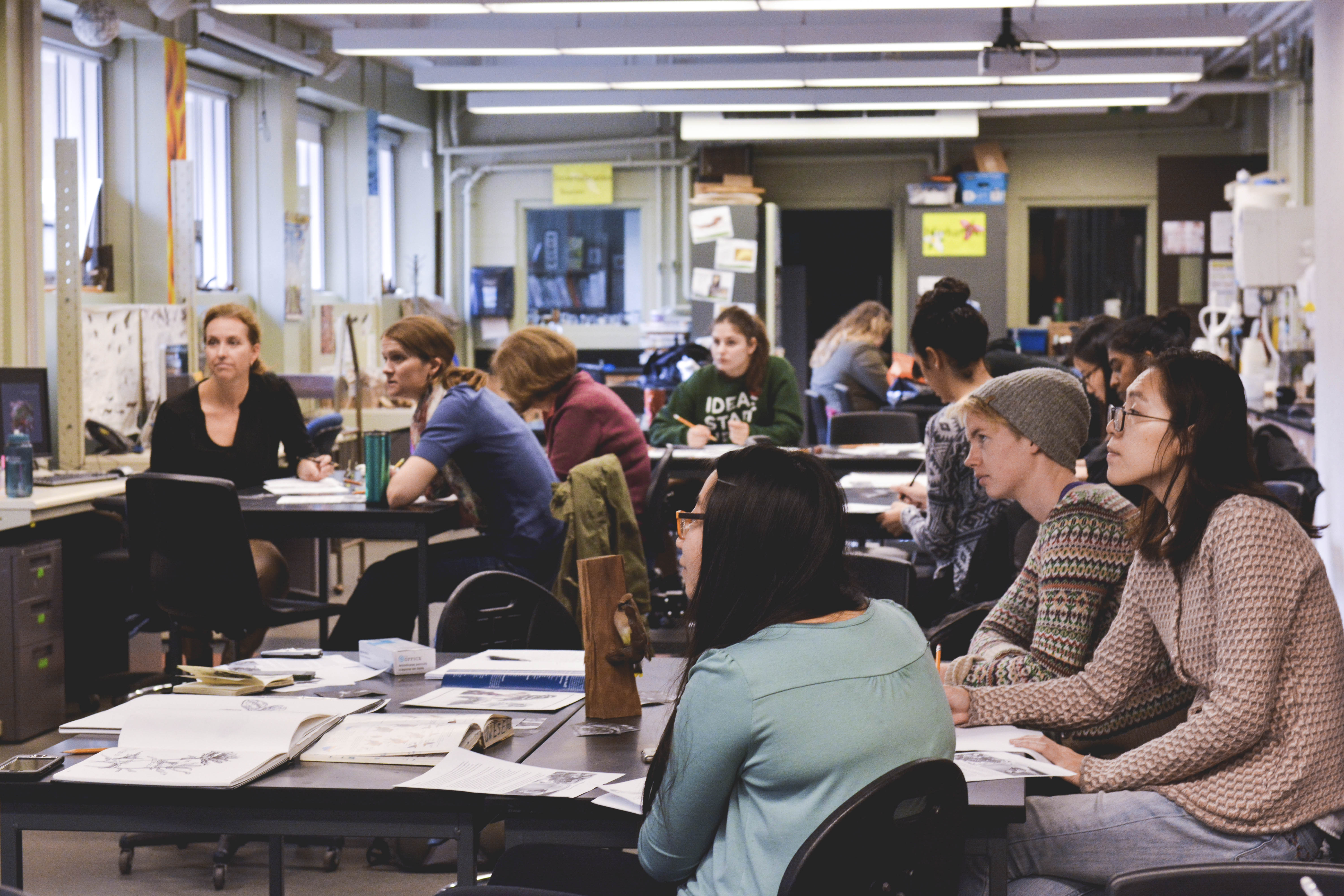As a person who has relied on transit as their primary mode of transportation throughout high school and university, I believe transit is sorely underfunded and undervalued. I am grateful to live in Waterloo most of the time, where we have the city buses, LRT, Go transit and a VIA Rail station in the region. When I am in Waterloo, I need not fret about whether there will be a bus to take me to my appointment on time or if there will be a bus at all. The LRT has been my saving grace — the longest one ever needs to wait is 15 minutes, and I can go anywhere I need to.
This accessibility is only the case in some cities. When I am not in Waterloo, I am in Sarnia, where transit is limited and inefficient. A bus only passes through my neighbourhood once every hour, and I don’t even live in a rural part of town. I have spent many hours waiting at bus terminals, and sometimes I must take three buses to get to the other side of town. Sarnia is not a large city; I could get to the other side of the town in 10 minutes if I were to take a car. Bus service to my house ends at 5:30 p.m., so if I want to go out in the evening, I hope I’m with someone who can drive, as options for Uber and Lyft are practically nonexistent. There is seldom notice of route changes and delays due to construction or bus maintenance, so I have been stranded many times. It took me approximately a year of using transit every day to get to and from school before I confidently knew how to get around.
If you are someone like me who does not have a driver’s license, your options are limited. Cycling is not an option either. There are bike lanes, but only in my part of town. If you want to go somewhere, your best option is to drive.
What bothers me most is the inherent car dependency in our cities. As I browse for jobs online, nearly every job posting lists a driver’s license and access to a car as a requirement. It is not a preference or a suggestion — they will not hire you if you cannot drive. If the job posting is for a delivery driver, or a position involving emergency services, then I completely understand. However, simple office jobs and careers that would keep me on a consistent schedule at one location demand that I drop everything to acquire my G license.
For what? If they fear I will be late for work, I can research which buses I’d need to take to get there on time every day. If that is not possible, I enjoy cycling and will ride my bike as long as there are safe roads. If they need a license as proof of government-issued ID, I have that too — the Ontario Photo Card is a piece of ID for those who do not have a driver’s license. What does a license prove? What purpose does it serve?
I see car dependency and mandatory driver’s licenses as a form of classism. Simply put, not everyone can afford a car. Bus passes and fares also cost money, but they do not come close to the cost associated with owning a vehicle, which includes insurance, gas and repairs. Many demographics use transit — students, older adults, people who are economically marginalized, people with disabilities, and new Canadians. In Sarnia, ridership is growing steadily; however, according to the Conventional Transit Master Plan submitted to the City of Sarnia, this growth has not affected investment and route network changes, meaning that transit remains inaccessible and underfunded. Sarnia has a significant aging population — according to the 2021 Census, 23 per cent of Sarnia’s population is aged 65 or older — and Sarnia’s Lambton College students are one of Sarnia Transit’s largest captive markets.
Structuring cities around the assumption that nearly everyone owns a car ignores these demographics, even when the ability to leave one’s home and get around is a right. People should not have to jump through hoops to arrive at the grocery store. This idea is enshrined by the Ontario Human Rights Commission, which states, “Transit services are part of the public infrastructure, which provides access to basic goods and services, as well as to social and economic activities. […] For a low-income single parent with an infant, for example, a low-floor bus may make the difference between participating in a community center program and isolation.”
Car ownership is often associated with freedom and independence. When I was 16 and eligible to drive, this was the message I received: you no longer need your parents to drive you around! You can go anywhere you’d like, whenever you’d like! Driving shows so much maturity and independence! To a teenager, this sounds exciting. Now that I am older, I find this mindset contentious. If the ability to drive makes you an independent adult, what does that say about people who do not drive? By taking transit, I am not asking for my parents to drive me everywhere, and given that I spend most of my time in Waterloo, which has efficient transit, I can go anywhere at any time.
Is dependency such a horrid trait? We depend on our governments for many things, and although capitalist ideology suggests otherwise, we are all interdependent beings. It is not childish to rely upon your city for transportation. I should not be ashamed to ask someone for a ride because it’s past 5:30 p.m., and if I leave my house, I will have no way of getting home. A lack of a driver’s license is not some personal character flaw of mine — it’s just a choice, and I have my reasons for making that choice, yet transit users like myself are often looked down on.
In a car-dependent city, when you are a pedestrian or cyclist, you become the traffic. You’re not a person taking a respectable mode of transportation — you become the congestion. In a place like Sarnia, I blame this mindset for the underfunding of transit and the lack of bike lanes. The goal is to force people to own a car, all under the guise of ‘convenience.’
Using transit should not be an inconvenience to car owners or transit riders. Only inefficient, inaccessible, unaffordable transit is inconvenient. Car dependency leaves people behind, creates a barrier for those trying to find jobs, and negatively affects the environment. I believe in clean, thoughtful cities with bike lanes, multiple forms of public transit, and efficient schedules. I believe in accessible transportation — wheelchair accessibility and inexpensive fares, ridesharing and bike-sharing options, and bus stops with benches and shelters. I believe in a world where I do not have to acquire a license to be hireable and people can travel freely within their cities.






























